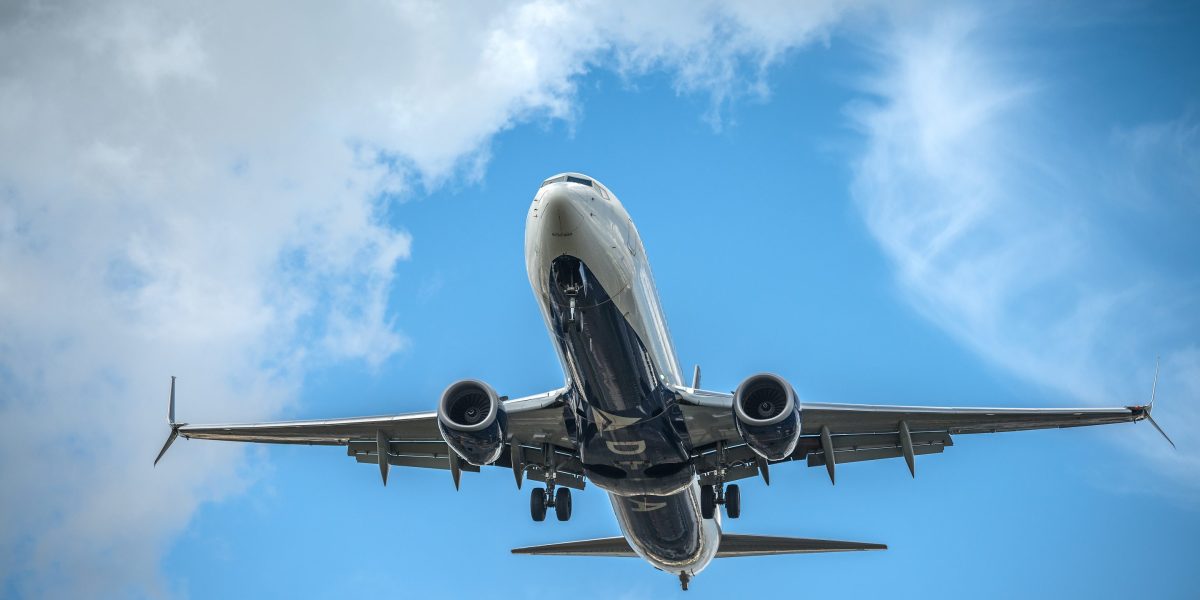
Boeing’s production of 737 jets has come to a “complete halt” as the International Association of Machinists and Aerospace Workers (IAM) strike continues, according to a Bank of America analyst note sent out on Tuesday.
Two separate representatives for Boeing confirmed the production stoppage to Fortune.
“Airplane production in Washington state is temporarily paused including work on the 737 MAX, 767, 777/777X, P-8, KC-46A Tanker, E-7 Wedgetail,” a spokesperson wrote Fortune in an email Wednesday. “Work at our Fabrication sites in Washington and Oregon will also temporarily pause. Employees not represented by this union will continue to report to work as normal.”
Boeing’s stock fell more than 2% on Wednesday, at the time of publication.
The stoppage’s full impact on actual deliveries of the planes “remains uncertain,” BofA analysts wrote. But the pace has nonetheless “slowed significantly.” Only two 737s have been delivered in the last week, which they say is “well below normal levels.”
As for the 787 jets—a different, less embattled model—Boeing has made zero deliveries over the past week, and has only delivered two in all of September. But BofA “expects Boeing to maintain the same levels of rollouts compared to last month” because the assembly line tasked with 787 production is “mainly unaffected by unions.” As a result, BofA maintained its rating on the stock as neutral.
The prolonged union battle has gripped Boeing since September 13, when 33,000 workers walked off the job.
On Monday, the aircraft manufacturer said it had made its “best and final offer” to its on-strike machinists, and it was replete with “bigger raises and larger bonuses,” amounting to a 30% raise over four years. In turn, the union said the proposal fell short of expectations, and they would not be voting on a contract before Boeing’s deadline later this week. The union also complained that Boeing released its offer to the public and media before bargaining with them—making them appear to be greedy.
“We just want a fair deal. We’re not greedy,” one worker said. “It’s tough to live in [Washington state]. You’ve got to make over $160,000, something like that, to buy a house. New hires make $25, $26 an hour. So [Boeing’s offer] isn’t going to be enough.”
Representatives for IAM Union District 751, which represents Seattle-area Boeing workers, did not return Fortune’s follow-up requests for comment.
In any case, Boeing cannot afford to lose more business.
Last week, its CFO, Brian West, sent a memo to employees explaining that the strike “jeopardizes our recovery in a significant way.” In an effort to preserve cash and “safeguard” the company’s future, it would need to cut costs—quickly.
Those measures include a company-wide hiring freeze, a pause in raises and promotions, the end of halting any non-essential travel, and pausing all spending on charitable giving, marketing and advertising. Also in consideration: “the difficult step of temporary furloughs” for many workers.
Boeing is desperate to improve its cash flow, which it can’t do without delivering more planes faster. That’s “impossible” to do without ending the strike, James Darcy, founder of aerospace advisory firm Darcy Strategic, told Fortune last week. “Yet the terms on which they may need to agree to settle the strike will do nothing to help their cash flow in the long term.”
Indeed, “the amount of leverage that Boeing’s workers have over the company at this moment is unprecedented, but bringing Boeing to its knees is certainly not in their long-term best interest,” Darcy went on. The company must come to the negotiating table “with a degree of humility that they haven’t shown in the past, but the labor side will need to retain a great deal of pragmatism if both sides are to have a healthy future.”

